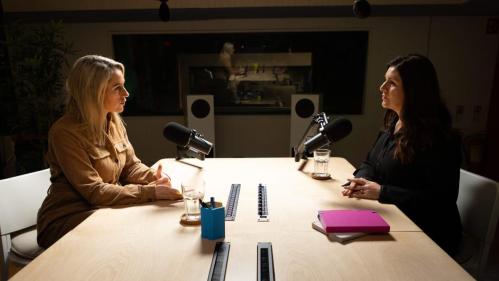A new study has found that people who do well in the workplace have their parents to thank!
According to a study by conducted by Dr Peter Harms and his team from the University of Alabama, your parenting style greatly impacts on how your child behaves in a work environment when they get older.
The article which was published in the journal Human Relations found that mothers are the main source of influence as they are the primary caregivers.
The findings are based on John Bowlby’s research, which found that how parents discipline their children affects how they deal with other people when older.
"Anxiously attached people genuinely want to be loved, but they are nervous that the important people in their lives won't return their affection," explained Harms.
"So, they overreact anytime they think their relationships are threatened. They use guilt and extreme emotional displays so that others will stay near and reassure them. They get really upset and can't turn it off.
“On the other hand, avoidant people feel, 'I don't want to love you, and you don't need to love me. So just leave me alone.' You won't find these people weeping over broken relationships."
Explaining how this is then transferred to your child’s future workplace, Harms said that your boss is sort of like a parent: "They're the ones who can take care of you, they're supposed to train you and support you. This is especially true for individuals new to the workforce."
Saying that the working world would be a better place if all parents hugged their kids, Harms added: "Ultimately, though, the relationship between a manager and their subordinates has to be like a parent-child relationship in another way," said Harms.
"You can provide attention and support early, but the sign of a mature relationship is that you trust one another to the point where managers can trust their subordinates to let them be autonomous, and subordinates can act without seeking permission. In other words, you graduate and move out of the house."









